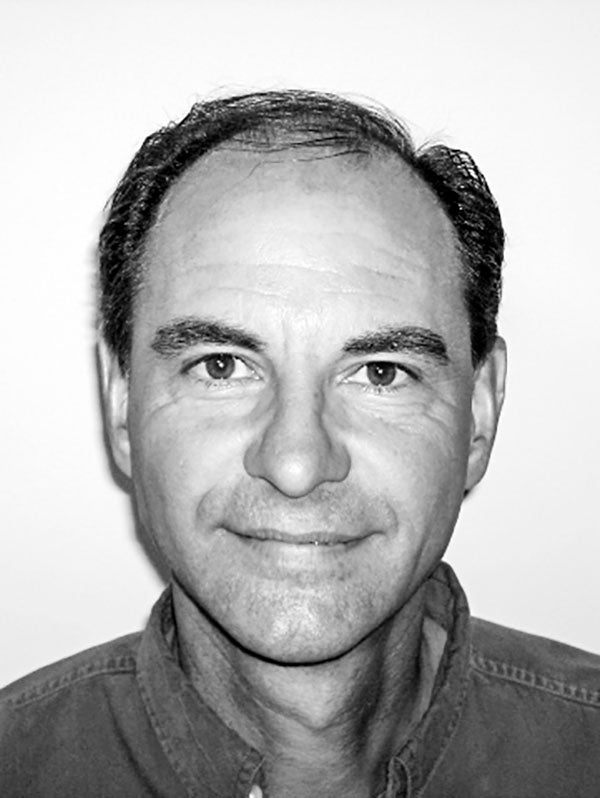Man’s Greatest Need
Published 9:51 am Wednesday, December 6, 2017
Tony Register
In Luke 5, we see Jesus inside a house and surrounded by needy people looking for relief from their current physical afflictions. The scripture declares that the power of the Lord was present to heal them. The next scene describes four men carrying a paralytic on a cot and attempting to get him to Jesus so that he also could be healed. It was impossible to get through the crowd with the man so therefore the four friends climbed up on the roof of the house and dismantled the roof making a hole large enough to lower the man down directly in front of Jesus.
Looking at the practical side of this situation leading up to this scene, one can readily discern the burdens and hardships associated with this man’s condition. A paralyzed man is a burden emotionally, physically, and financially, both to his family and all who are tasked with his care and comfort. It matters not how much you may love or care about someone in this condition, the hardship is real. But even greater grief and hardship lies within the heart of the one who cannot help himself. What a grief of heart and how emotionally draining it must be to watch others do everything for you and not be able even to slightly assist in your own care! There is no mention of the man even being able to speak.
When Jesus beheld the man lying in front of Him, His words were both shocking and revealing. He said, “Be of good cheer, son, thy sins have been forgiven thee.”
Any normal and compassionate human being will always be moved by the plight of his fellow man and should always be willing to help relieve the burden of another whenever there is opportunity. The answer to the question, “Am I my brother’s keeper?” of Genesis 4, is a resounding “YES”. However, the plight of humanity is the direct result of sin, and we must never ignore or lose sight of that truth. Treating the symptoms while ignoring the disease is a true picture of climbing fool’s hill. All are not paralytic, all are not poor, all are not diseased, all are not hungry, but all are sinners. Benevolence is good, but it cannot replace the message of the Cross. Sin is the disease, the work of the Cross is the remedy. Be not weary in well doing, but don’t let your well doing replace the only message of hope for all mankind. For any to be saved, they must be assured of this one thing, “Thy sins have been forgiven thee.”


